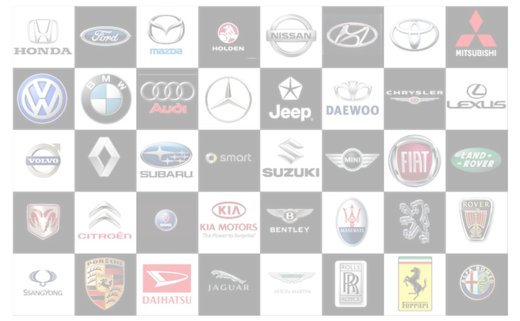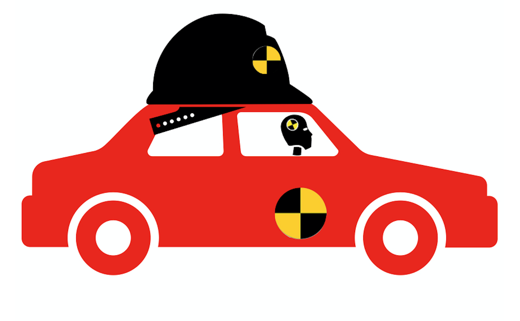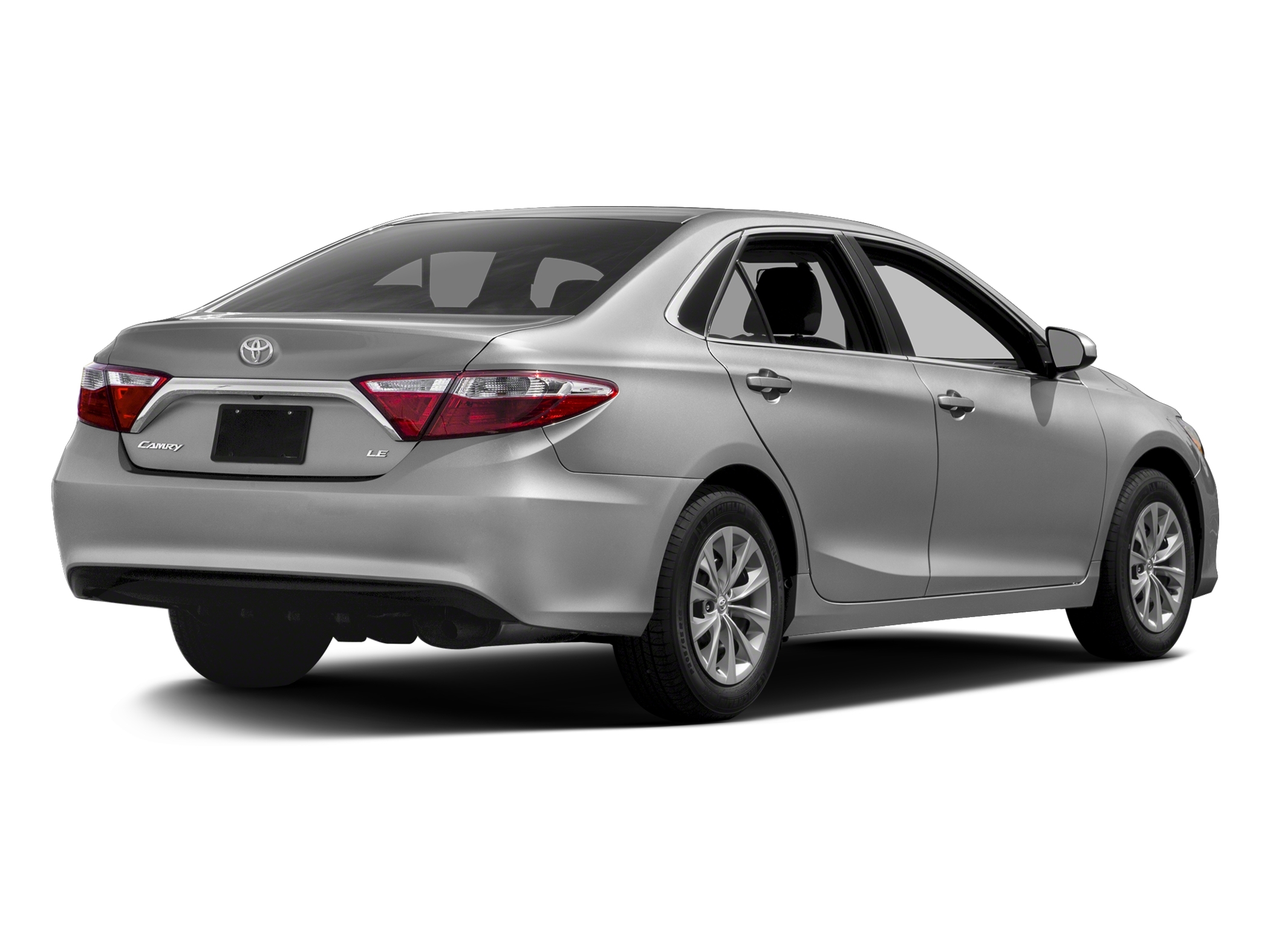On November 2, Hyundai Motor Company announced they were voluntarily adjusting the fuel economy ratings on many of Hyundai and Kia's 2011, 2012 and 2013 vehicles. Of course this spurred several lawsuits.
Generally, People Dissatisfied with Fuel Mileage
For years EPA (United States Environmental Protection Agency) fuel economy figures have been an issue that has confused or angered many people. The disclaimer "Your mileage may vary," is not enough to keep people from getting angry when they fill up and their fuel mileage is not what was listed on the sticker when they bought the car new. Complaints about the mileage figures on hybrids became so loud, the EPA revised their methods in 2008 for the first time since 1984, resulting in generally lower figures.
In February of this year, a lady in California won a small claims lawsuit against Honda. She claimed that her 2006 Honda Civic Hybrid never got the 50 MPG the Moroney sticker promised. THe judge awarded her $9867. (Remember, hybrids were the primary reason the EPA altered the way it calculates fuel economy figures in 2011. That Honda Civic Hybrid was originally rated at 49 city/51 highway, after the revisions, that same 2006 Honda Civic Hybrid would be rated 40 city/45 highway.). Honda is appealing the verdict.
How Do They Figure Mileage?
When they see the mileage figures on a new car Moroney sticker, people imagine guys in lab coats, sipping coffee while they drive around Washington, D.C. When the car they're in runs out of gas, they write some numbers down in their notebook and call for a big black government tow truck to come get them. Okay, that's what I imagine.
What they really do is quite different.
They test the vehicles on dynamometers, a giant treadmill for cars. The treadmill is adjusted using figures supplied by the automakers for coast-down friction, aerodynamics, and other factors.
Finally, they don't measure how much fuel is used. They weigh the exhaust fumes.
Prior to 2008 figures, the air conditioning was never used and maximum speed on the highway test was 60 MPH. The average speed on the highway test is 48.5 MPH.
Also, the EPA doesn't usually even do the dynamometer test, either, but they rely on the automaker to do it. They audit a small percentage of vehicles randomly and test others if they question the automaker's results.
What Went Wrong?
How Much Do the Numbers Change?
| Manuf | Carline | Model | City FE (MPG) | Highway FE (MPG) | ||||
|---|---|---|---|---|---|---|---|---|
| old | new | change | old | new | change | |||
| Hyundai | Accent | Automatic | 30 | 28 | -2 | 40 | 37 | -3 |
| Manual | 30 | 28 | -2 | 40 | 37 | -3 | ||
| Azera | 3.3L Automatic | 20 | 20 | 0 | 30 | 29 | -1 | |
| Elantra | 1.8 L Automatic | 29 | 28 | -1 | 40 | 38 | -2 | |
| 1.8 L Manual | 29 | 28 | -1 | 40 | 38 | -2 | ||
| 1.8 L Blue Automatic | 30 | 28 | -2 | 40 | 38 | -2 | ||
| 1.8 L GT Automatic | 28 | 27 | -1 | 39 | 37 | -2 | ||
| 1.8 L GT Manual | 27 | 26 | -1 | 39 | 37 | -2 | ||
| Elantra Coupe Automatic | 28 | 27 | -1 | 39 | 37 | -2 | ||
| Elantra Coupe Manual | 29 | 28 | -1 | 40 | 38 | -2 | ||
| Genesis | 5.0 L R-Spec Automatic | 16 | 16 | 0 | 25 | 25 | 0 | |
| 3.8 L Automatic | 19 | 18 | -1 | 29 | 28 | -1 | ||
| Santa Fe | 2.4 L Sport Automatic 4wd | 21 | 20 | -1 | 28 | 26 | -2 | |
| 2.4 L Sport Automatic 2wd | 22 | 21 | -1 | 33 | 29 | -4 | ||
| 2.0 L Sport Automatic 4wd | 20 | 19 | -1 | 27 | 24 | -3 | ||
| 2.0 L Sport Automatic 2wd | 21 | 20 | -1 | 31 | 27 | -4 | ||
| Tucson | 2.4L Automatic 4wd | 21 | 20 | -1 | 28 | 27 | -1 | |
| 2.4L Automatic 2wd | 22 | 21 | -1 | 32 | 30 | -2 | ||
| 2.4L Manual 4wd | 20 | 19 | -1 | 27 | 25 | -2 | ||
| 2.4L Manual 2wd | 21 | 20 | -1 | 29 | 27 | -2 | ||
| 2.0L Automatic 2wd | 23 | 22 | -1 | 31 | 29 | -2 | ||
| 2.0L Manual 2wd | 20 | 20 | 0 | 27 | 26 | -1 | ||
| Veloster | Automatic | 29 | 28 | -1 | 40 | 37 | -3 | |
| Manual | 28 | 27 | -1 | 40 | 37 | -3 | ||
| Turbo Automatic | 25 | 24 | -2 | 34 | 31 | -3 | ||
| Turbo Manual | 26 | 24 | -2 | 38 | 35 | -3 | ||
| Kia | Rio | Automatic | 30 | 28 | -2 | 40 | 36 | -4 |
| Manual | 30 | 29 | -1 | 40 | 37 | -3 | ||
| Eco Automatic | 31 | 30 | -1 | 40 | 36 | -4 | ||
| Sorento | 2.4 L Automatic 4wd SIDI | 21 | 20 | -1 | 28 | 26 | -2 | |
| 2.4 L Automatic 2wd SIDI | 22 | 21 | -1 | 32 | 30 | -2 | ||
| Soul | 1.6 L Soul Eco | 29 | 26 | -3 | 36 | 31 | -5 | |
| 1.6 L Soul Automatic | 27 | 25 | -2 | 35 | 30 | -5 | ||
| 1.6 L Soul Manual | 27 | 25 | -2 | 35 | 30 | -5 | ||
| 2.0 L Soul Eco | 27 | 24 | -3 | 35 | 29 | -6 | ||
| 2.0 L Soul Automatic | 26 | 23 | -3 | 34 | 28 | -6 | ||
| 2.0 L Soul Manual | 26 | 24 | -2 | 34 | 29 | -5 | ||
| Sportage | 2.4 L Automatic 4wd | 21 | 20 | -1 | 28 | 27 | -1 | |
| 2.4 L Automatic 2wd | 22 | 21 | -1 | 32 | 30 | -2 | ||
| 2.4 L Manual 4wd | 20 | 19 | -1 | 27 | 25 | -2 | ||
| 2.4 L Manual 2wd | 21 | 20 | -1 | 29 | 27 | -2 | ||
| 2.0 L Automatic 2wd | 22 | 21 | -1 | 29 | 28 | -1 | ||
| 2.0 L Automatic 4wd | 21 | 20 | -1 | 26 | 25 | -1 | ||
From: http://www.epa.gov/fueleconomy/labelchange.htm
What Will They Do About It?
What's the Fallout?
Comparisons to Toyota recalling cars for accelerator pedals that stick are inevitable, but a closer comparison is to the Chrysler odometer scandal in 1987. Safety will always be a more compelling issue than economics. The Chrysler scandal actually led to indictments against Chrysler and two of its executives for disconnecting odometers on vehicles its executives drove. A very forthright apology from then Chrysler CEO Lee Iacocca went a long way to undoing the damage, along with extending warranties on vehicles that had had odometers disconnected, and replacing cars that had been damaged and repaired. The Chrysler scandal only involved 60,000 vehicles, but it did result in criminal indictments.









